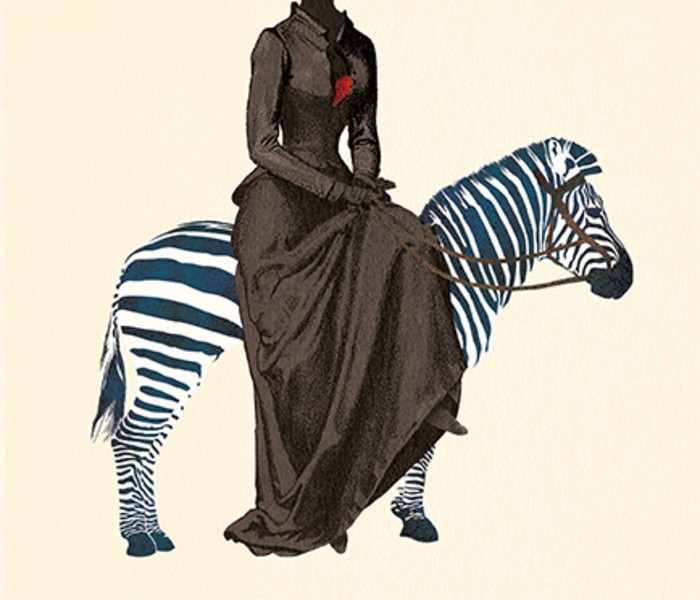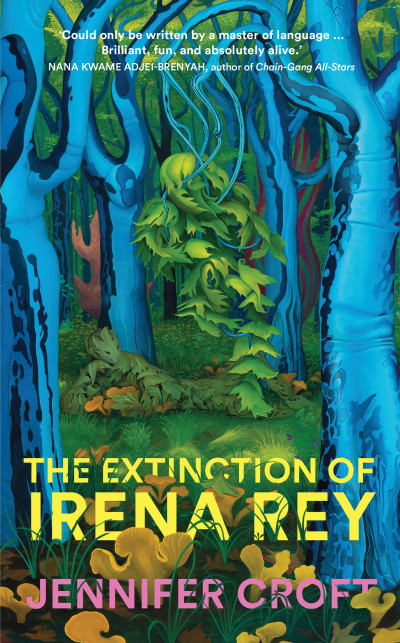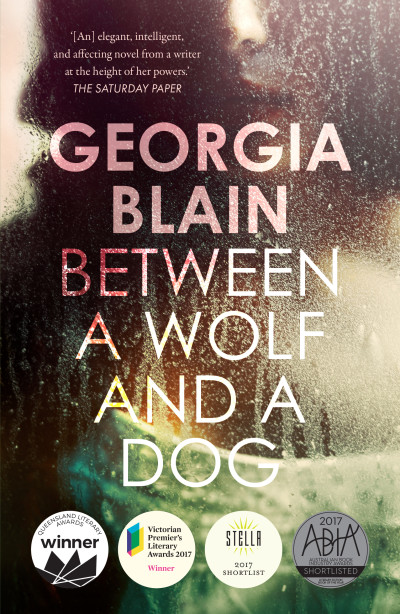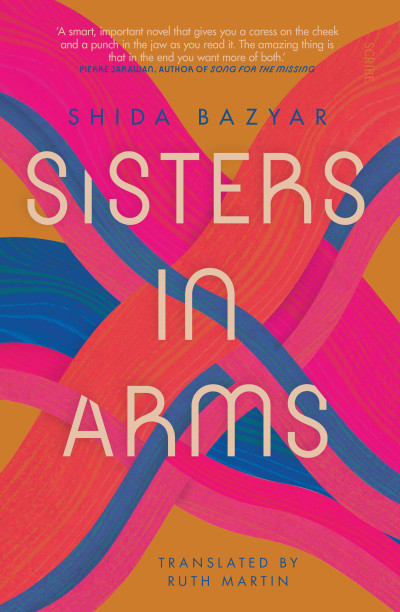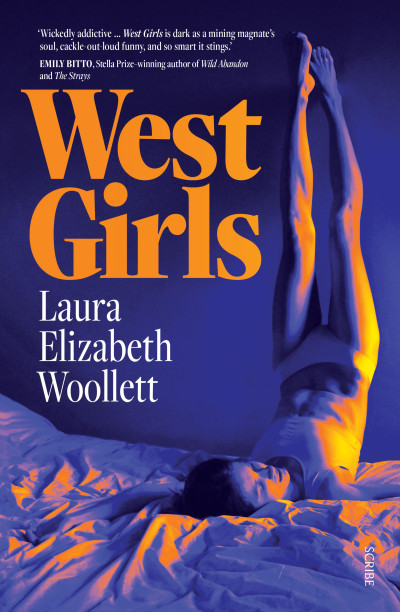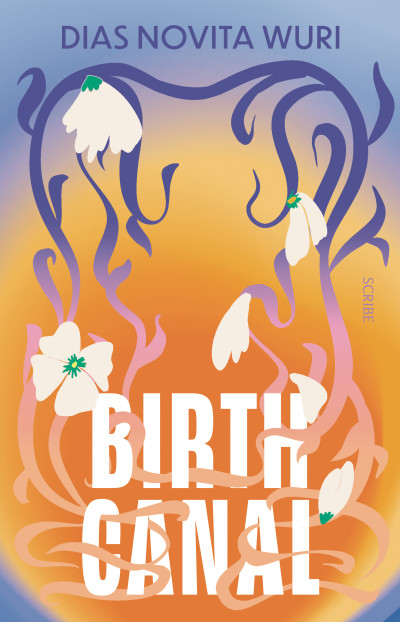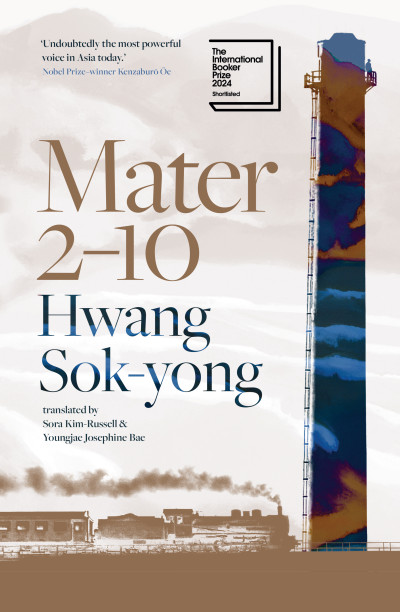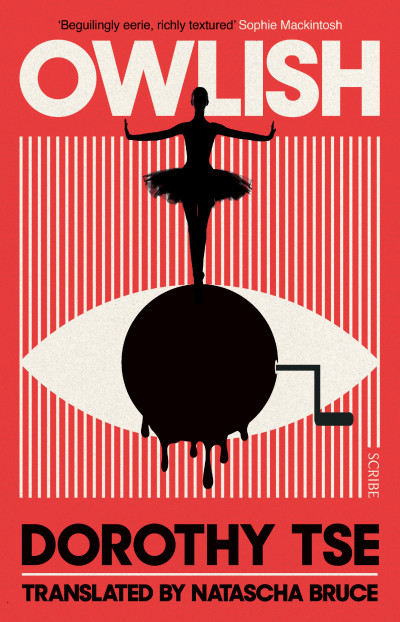‘A striking, controlled and masterfully taut debut … The tale has a timeless quality that renders it almost allegorical and it is the more powerful for it’
Carl Wilkinson, Financial Times
‘You will be haunted by this novel. Not only is the plight of the brothers compelling, but Chigozie Obioma's prose is exquisitely beautiful … Commentators are comparing this book to The Kite Runner for good reason. The Fishermen is shocking and moving — and as compelling as this comparison would suggest. Chigozie Obioma is a major talent, and I predict that this will be one of the books of the year.’
Lauren Cook, Good Reading Magazine
‘An impressive and well-written debut.’
The Australian Way
‘Obioma's remarkable fiction is at once urgently, vividly immediate, yet simultaneously charged with the elemental power of myth.’
Peter Ho Davies
‘Obioma writes with gorgeous restraint reminiscent of the intricate prose in a Tolstoy novella. Every sentence delivers a precise and heartfelt blow. Hardly anyone writing today is delivering this level of intricacy, lyricism and control. Add to that, the urgency and importance of his message. It just doesn't get better than this. Get used to the name: Obioma is here to stay.’
Alexandra Fuller, award-winning author of Don't Let's Go to the Dogs Tonight
‘It's like being in a Zola or Theodore Dreiser novel … The Fishermen is an elegy to lost promise … and yet it remains hopeful about the redemptive possibilities of a new generation’
Helon Habila, The Guardian
‘Obioma's strange, imaginative debut … probes the nature of belief and the power of family bonds … convincing modern narrative and … a majestic reimagining of timeless folklore’
Publishers Weekly
‘Chigozie Obioma's debut novel, The Fishermen, is an outstanding addition to African literature.’
Readings Monthly
‘The Fishermen is poetic, powerful and a book that once begun, is impossible to put down.’
Meredith Jaffe, The Hoopla
‘The mysterious, mercurial nature of folklore is potently displayed in Chigozie Obioma’s debut novel … Mr Obioma’s long-limbed and elegant writing is shot through with strikingly elevated phrasings … The Fishermen is full of recent history, and it can be read as an allegory of the civic disarray in Nigeria under military rule. But it’s also rich with ancient themes of filial love, fratricide, vengeance and fate. Its lessons may be slippery, but its power is unmistakable.’
Wall Street Journal
‘The bare emotion of the story makes it hard reading at times, the edge of the page quivered in my white-knuckled grip, but it’s also finely crafted, technically precise and deftly structured. I loved it … Should I call Obioma the next Bulawayo? Adichie or Achebe? He could be called all of these things, but The Fisherman is also none of these things. It is a novel that is all its own.’
Claire Cameron, The Millions
‘This year’s most promising African newcomer may well prove to be Chigozie Obioma … The political implications of The Fishermen are obvious, though never overstated … In his exploration of the mysterious and the murderous, of the terrors that can take hold of the human mind, of the colors of life in Africa, with its vibrant fabrics and its trees laden with fruit, and most of all in his ability to create dramatic tension in this most human of African stories, Chigozie Obioma truly is the heir to Chinua Achebe.’
The New York Times
‘Intimate and familial, yet blown apart with a largesse of themes that run to redemption, loyalty and vengeance … sharp with vibrancy and ripples with foreboding.’
Michelle Langstone, Listener
‘[S]kilfully building the atmosphere from light and innocent to ominous and mysterious, gradually becoming claustrophobic and ultimately tragic … engrossing.’
Book of the Month, Curious Animal
‘As dark as Obioma's prose is, though, it's also beautiful. His use of language is rich and hypnotic, and nearly every page is filled with an unexpected and perfectly rendered description … an excellent debut that does a very good job wrestling with some extremely difficult themes. Chigozie Obioma writes with sophistication and inventiveness; he's obviously deeply in love with the English language, and it shows. This is a dark and beautiful book by a writer with seemingly endless promise.’
NPR
‘[A]mply delivers on [Obioma's] description as “one of the best new voices of modern African literature”.’
Elaine Fry, West Australian
‘An incredibly moving story of four brothers growing up in ’90s Nigeria. Eleanor Catton called it “awesome” … we say, what she said.’
Marie Claire Magazine
‘Some kinds of truth are absolute. Two plus two is four, time moves forward, your brother is always your brother. More complex are the subjective truths — love, hatred, fear, and so on. Far more difficult still is the third sort of truths: things that become true the moment that we lend them the weight of our own credence. The Fishermen Nigerian author Chigozie Obioma’s debut novel, is a searing, incandescent exploration of the repercussions that come from acting on such a belief … Obioma so wonderfully casts the events that they come to feel natural, even inevitable.’
Harvard Crimson
‘Although technically set in the small Nigerian town of Akure in the 1990s, The Fishermen (*** out of four), the darkly mythic first novel by Chigozie Obioma, feels as if it might predate modernity itself … It's hard to know where Obioma, a native of the actual Akure and now a resident of the United States, can go with his literary career after this pitiless, unstinting start. Perhaps there will be room in his fictional universe for human relations that don't always lead to violence and death. Or perhaps he will become a kind of African Cormac McCarthy, committed to a stark vision of life in which our pretensions to civilization are forever held up and exposed as skin deep’
USA Today
‘[An] incredibly assured piece of writing … marked by two qualities: the consistent fineness of its prose and its deft handling of narratorial perspective. Obioma’s writing is constantly sensitive to character and detail.’
Adam Rivett, Weekend Australian
‘[S]tructurally complex … a novel of uncommon grace.’
Stephanie Bunbury, The Saturday Age




a.jpg)



